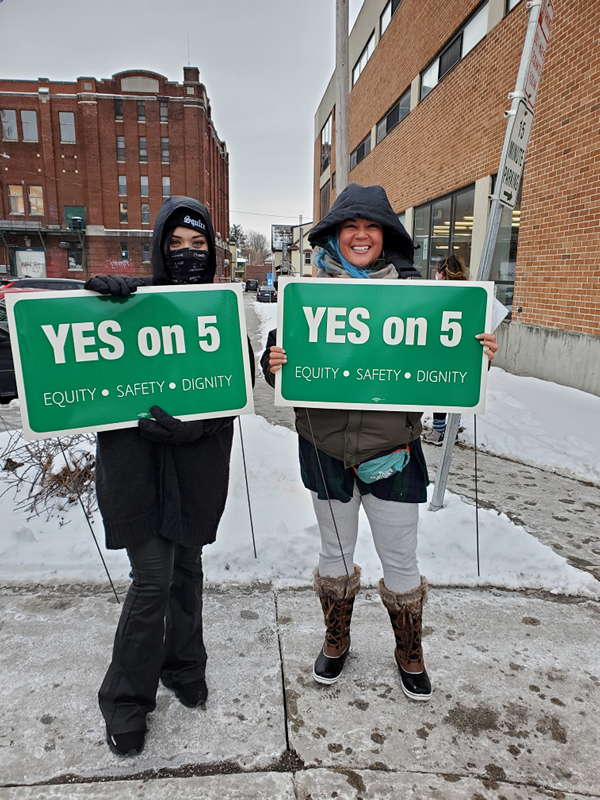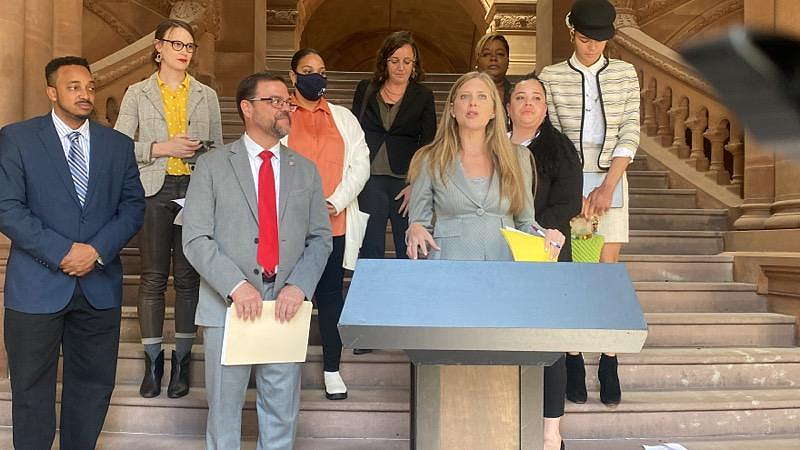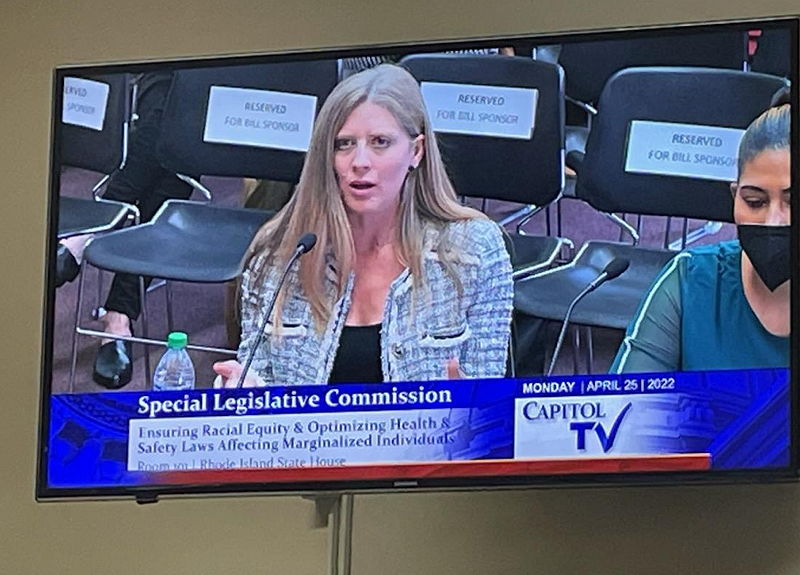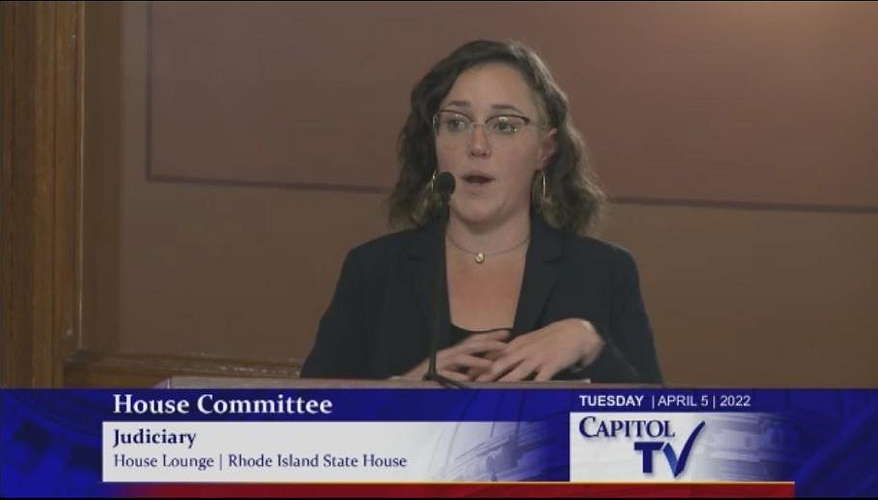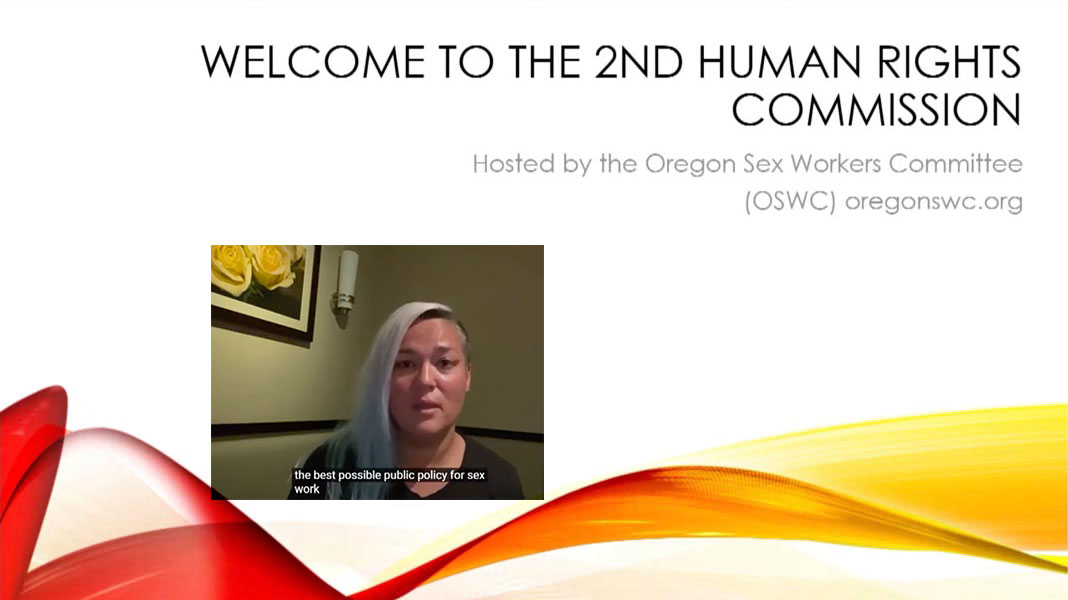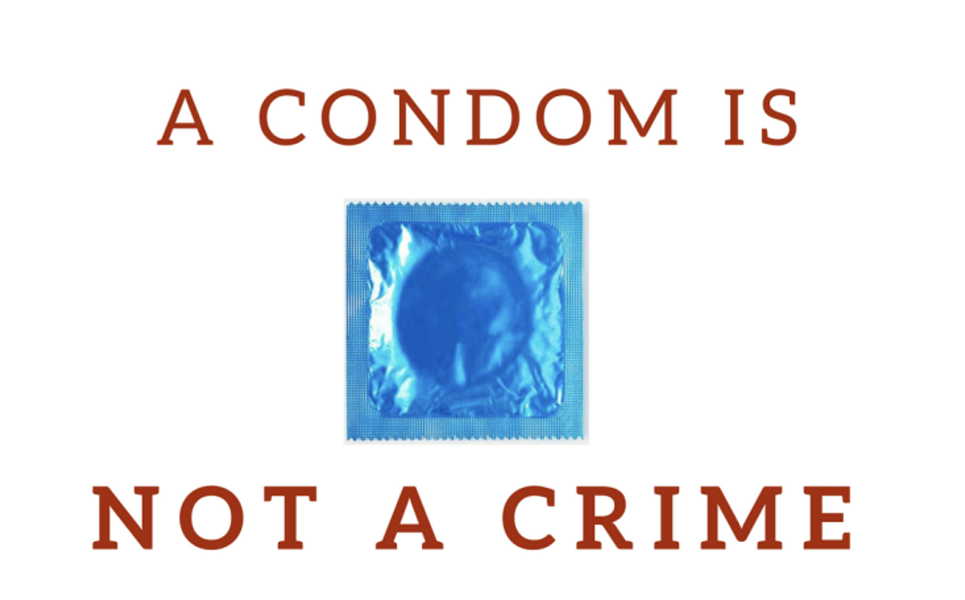You need to add a widget, row, or prebuilt layout before you’ll see anything here. 🙂
Vermont Legislature Ratifies Burlington’s Vote To Strike Archaic and Discriminatory Language from City Charter
Opinion: Improving the lives of sex workers mean anti-discrimination laws must follow | NJ.com
You need to add a widget, row, or prebuilt layout before you’ll see anything here. 🙂
Colorado sex workers gain new protections under law signed by Gov. Jared Polis | The Denver Post
You need to add a widget, row, or prebuilt layout before you’ll see anything here. 🙂
Notice of Appeal
Commission studying whether sex work should be decriminalized in RI | WPRI.com
You need to add a widget, row, or prebuilt layout before you’ll see anything here. 🙂
‘A job is a job’ — Trafficking laws increase stigma for consensual sex workers | Texas Public Radio
You need to add a widget, row, or prebuilt layout before you’ll see anything here. 🙂
CO Quickly Advances the Safe Reporting Assaults Suffered by Sex Workers Act
How Anti-Prostitution and Sex Trafficking Laws Victimize People of Color | The Crime Report
The New Campaign for a Sex-Free Internet | Reason
You need to add a widget, row, or prebuilt layout before you’ll see anything here. 🙂

